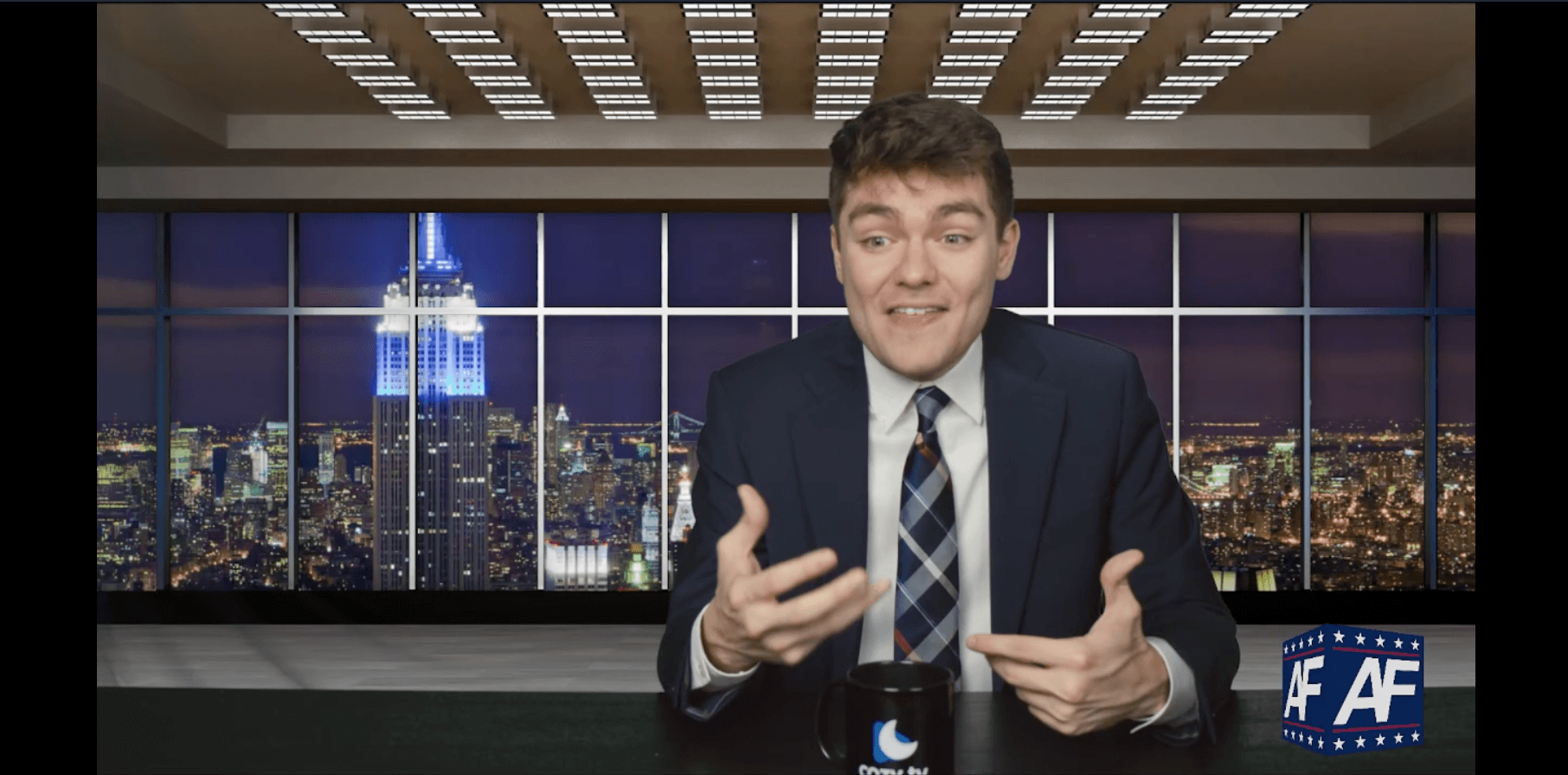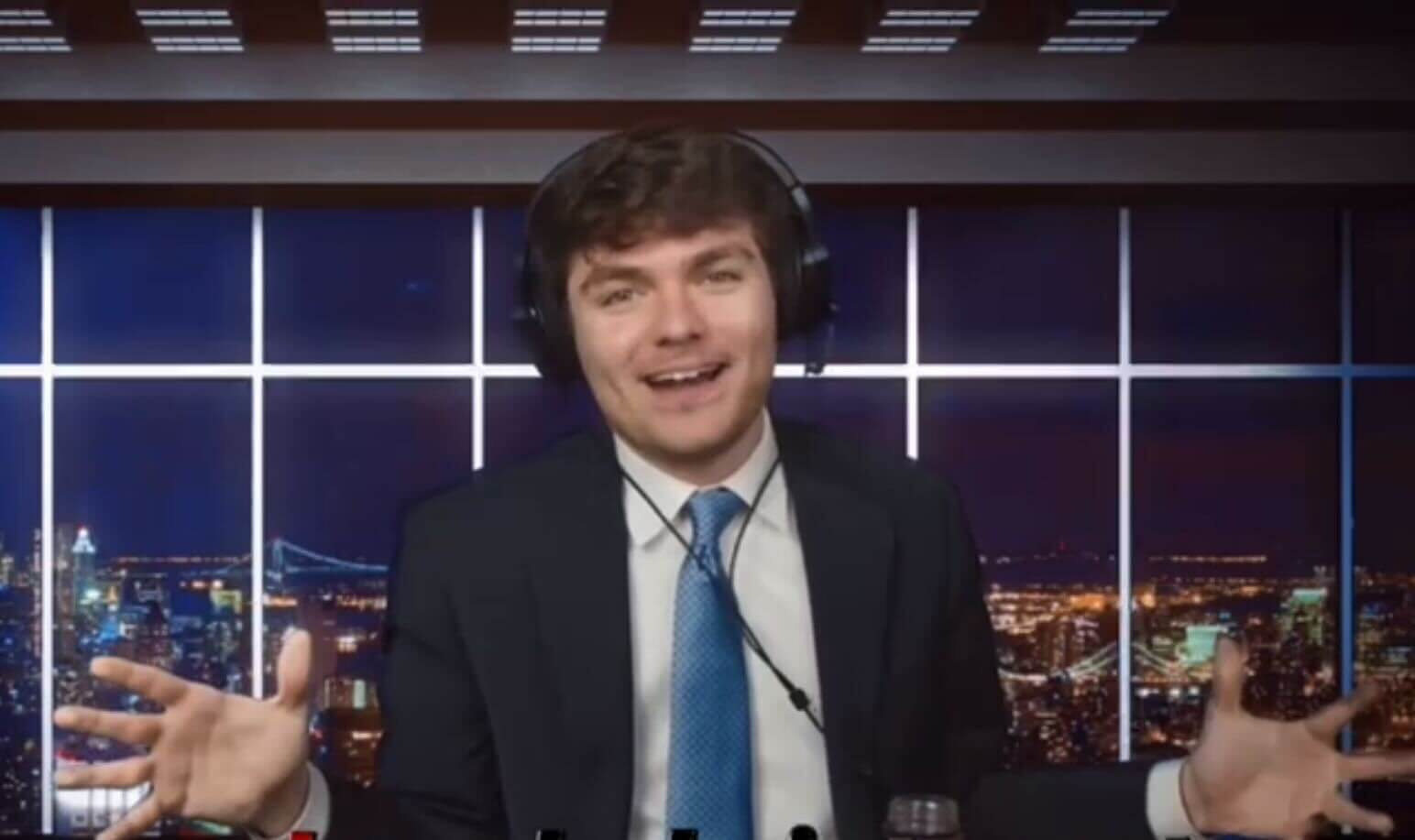The Unraveling of Nick Fuentes: What Led to His Latest Legal Trouble in Illinois and the Broader Implications
Nick Fuentes, the controversial far-right figurehead, finds himself embroiled in yet another legal battle, this time stemming from activities in Illinois. What led to this latest legal trouble is a complex tapestry woven from a history of inflammatory rhetoric, alleged violations of state laws, and a growing chorus of voices demanding accountability for his actions. This isn’t merely another skirmish in the ongoing culture wars; it represents a potential turning point in the fight to hold those who promote hate speech and violence responsible for their words and deeds.
Fuentes’ recent legal woes in Illinois center around a series of events surrounding a speaking engagement and subsequent activities. While the specifics of the charges remain somewhat shrouded in legal maneuvering and strategic leaks, the core allegations revolve around potential violations of Illinois’ hate crime statutes and laws pertaining to public order and safety. The exact nature of the alleged offenses is crucial, and the details will undoubtedly be fiercely contested in court. However, the very fact that Fuentes is facing legal action in Illinois speaks volumes about the shifting landscape of accountability for extremist figures.
For years, Fuentes has operated largely within the fringes of the internet, cultivating a devoted following through his online broadcasts and appearances at events organized by like-minded individuals. His rhetoric, characterized by white nationalism, antisemitism, and misogyny, has consistently pushed the boundaries of acceptable discourse. While he has enjoyed a degree of protection under the guise of free speech, his actions have frequently incited anger and concern among those who see his words as a direct threat to the safety and well-being of marginalized communities. The Illinois case represents a crucial test of whether the legal system can effectively address the harms caused by such rhetoric, even when it falls short of direct incitement to violence.

The events leading up to the Illinois charges are not isolated incidents. Fuentes has a long history of controversial statements and actions. He’s been banned from numerous platforms for violating community guidelines, and his association with other extremist figures has further cemented his reputation as a dangerous voice in the public sphere. This history is not merely background noise; it provides crucial context for understanding the gravity of the current situation. The Illinois case isn’t just about a single event; it’s about a pattern of behavior that has finally caught up with him.
The legal strategy employed by Fuentes and his legal team will likely center on challenging the constitutionality of the charges and arguing that his speech, however offensive, is protected under the First Amendment. This is a common defense used by those accused of hate speech, and its success hinges on the precise wording of the charges and the ability of the prosecution to demonstrate a clear link between Fuentes’ words and any alleged illegal actions. The outcome of this legal battle will have significant implications for future cases involving similar allegations, setting a precedent for how the courts will handle the increasingly complex intersection of free speech and hate speech.
Beyond the immediate legal ramifications, the case against Fuentes in Illinois carries broader implications for the fight against extremism. It highlights the need for stronger legal frameworks that can effectively address the harms caused by hate speech, even when it doesn’t directly incite violence. The current legal landscape often struggles to grapple with the subtle yet insidious ways in which hate speech can contribute to a climate of fear and intimidation, leading to real-world consequences for targeted communities. The Illinois case provides an opportunity to refine these legal frameworks and ensure that they are equipped to deal with the evolving tactics of extremist groups.

Furthermore, the case underscores the importance of holding individuals accountable for their actions, regardless of their platform or reach. For too long, extremist figures have operated with a degree of impunity, shielded by the anonymity of the internet and the complexities of legal challenges. The Illinois case represents a crucial step towards dismantling this impunity and sending a clear message that hate speech has consequences. It’s a message that resonates far beyond the borders of Illinois, offering hope to those who have long felt silenced and threatened by the rise of extremism.
The legal battle facing Nick Fuentes in Illinois is far from over. The coming months will undoubtedly witness intense legal maneuvering, public debate, and a renewed focus on the critical issue of accountability for hate speech. The outcome of this case will not only determine Fuentes’ fate but will also shape the future of the fight against extremism in the United States and beyond. It is a case that demands our attention, not just as spectators, but as active participants in the ongoing struggle for justice and equality. The eyes of the nation, and indeed the world, are watching.
